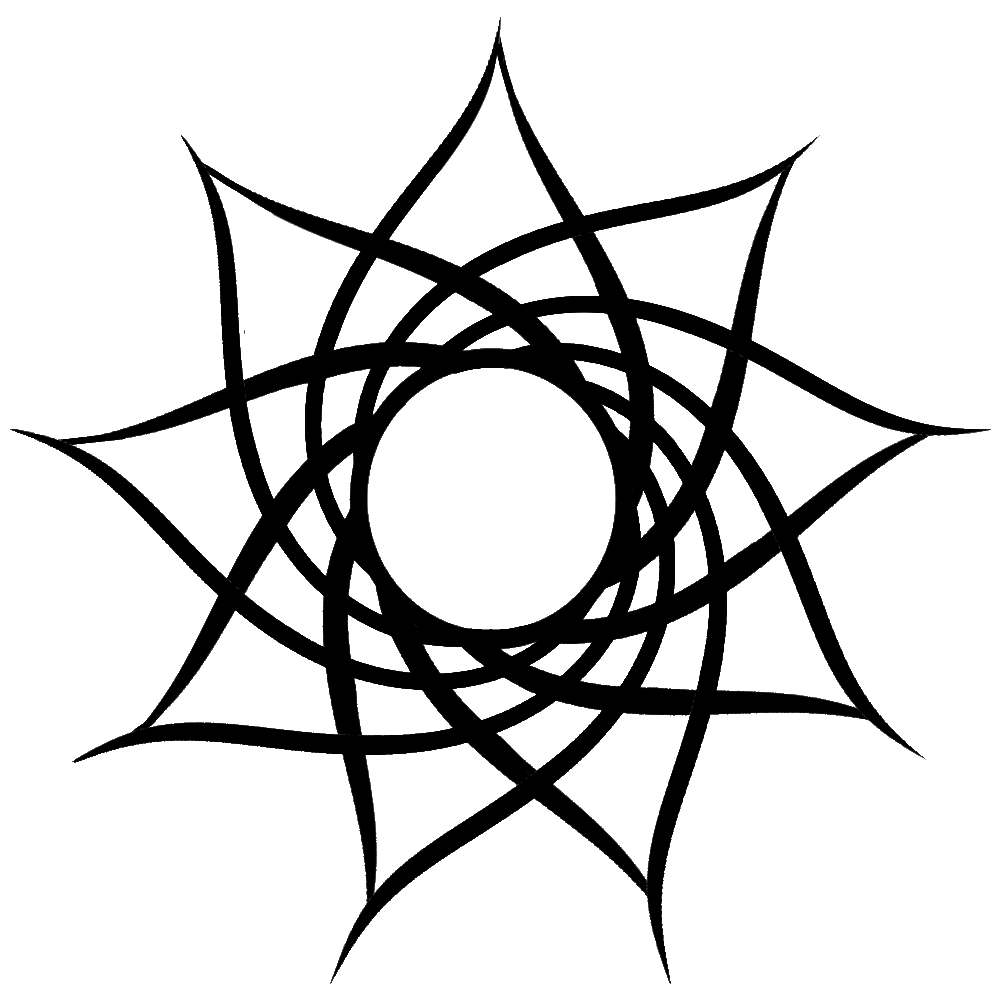Bahá’ís mark holiest period of the year and elect their governing councils, in lockdown

For the several million members of the Bahá’í Faith around the world, the holiest period in the Faith’s calendar has just been observed, despite the lockdown conditions imposed because of the Coronavirus.
The Riḍván [Paradise] festival lasts 12 days and began on 20 April. It is an annual occasion for great celebration, hope and renewal, commemorating the period when Bahá’u’lláh – the Faith’s Prophet-Founder – publicly announced in Baghdad in 1863 – that He was the latest in a series of Divinely-inspired Educators, including Jesus Christ, Muhammad, Moses, the Buddha and Krishna. For Bahá’ís these Educators, known as ‘Manifestations of God’, progressively reveal God’s will for humanity throughout the ages.
During the Riḍván period, the governing councils that manage the affairs of the Bahá’í community – Bahá’ís have no clergy – are elected by secret ballot. At the local and national level, Local Spiritual Assemblies and National Spiritual Assemblies, each comprised of nine adult members of the Faith, tend to the affairs of the community, encouraging service to humanity, fostering individual initiative, and promoting learning. Ordinarily such institutions are elected at specially convened meetings. However, in light of the extraordinary circumstances, Bahá’í institutions throughout the United Kingdom elected their institutions this year using electronic communication tools. The National Spiritual Assembly hosted a special gathering on Zoom for the 95 delegates to receive the result of this year’s election.
In Australia – which this year is marking the centenary of the establishment of the Bahá’í Faith in that country – the Prime Minister Scott Morrison wrote: "Sadly, Bahá’í people cannot gather at their places of worship this year. But I know you will keep your connection and affinity even in these trying times of social distancing.
During this time of challenge, I know you can draw strength from the Bahá’í teachings — and its commitment to the wellbeing of humanity, especially the most vulnerable."
In anticipation of the festivities for this time of year, the Universal House of Justice – the international governing body of the Bahá’í community, noted: "However difficult matters are at present … humanity will ultimately pass through this ordeal, and it will emerge on the other side with greater insight and with a deeper appreciation of its inherent oneness and interdependence. The world is more in need than ever of the hope and strength of spirit that faith imparts."










